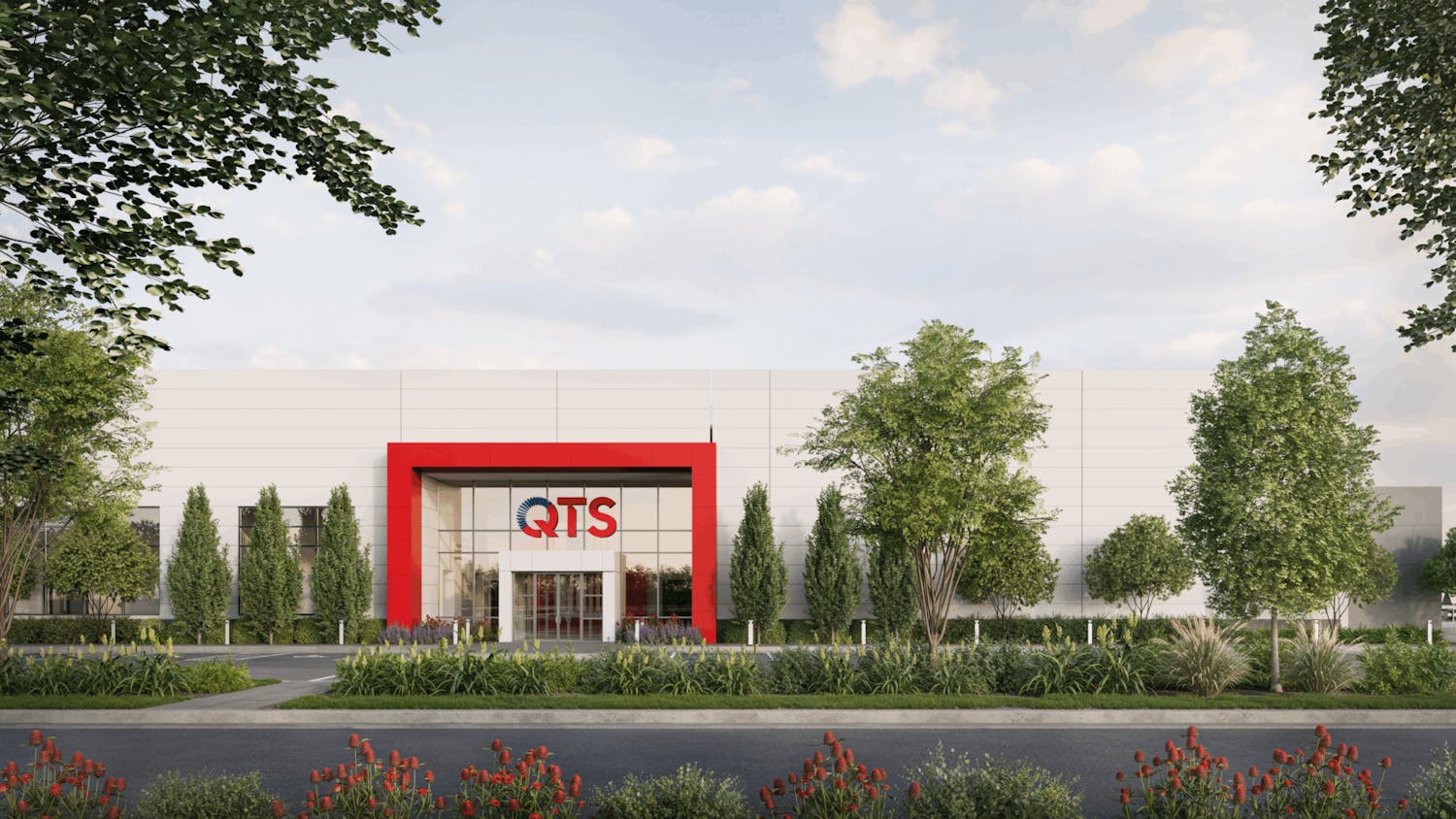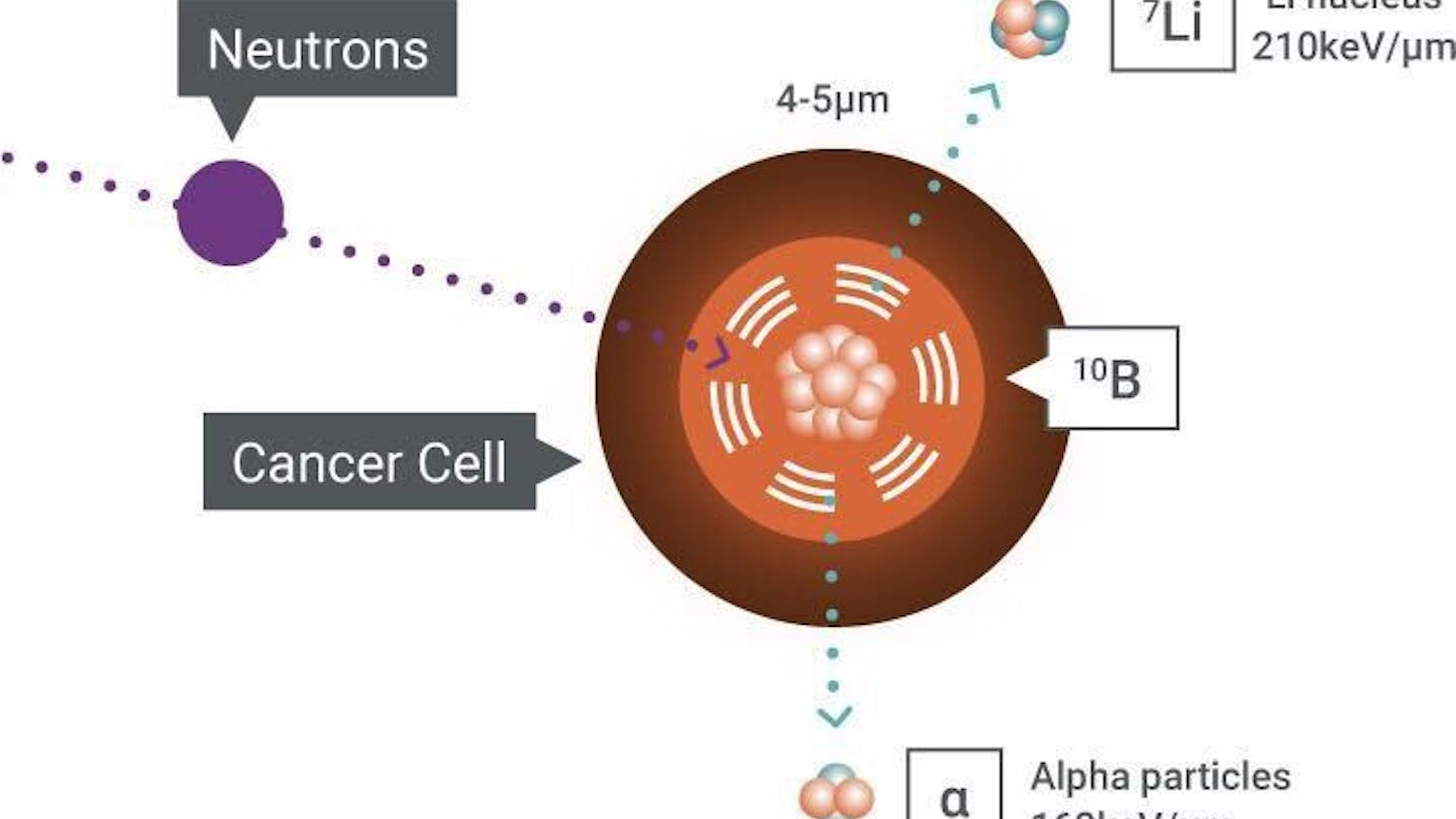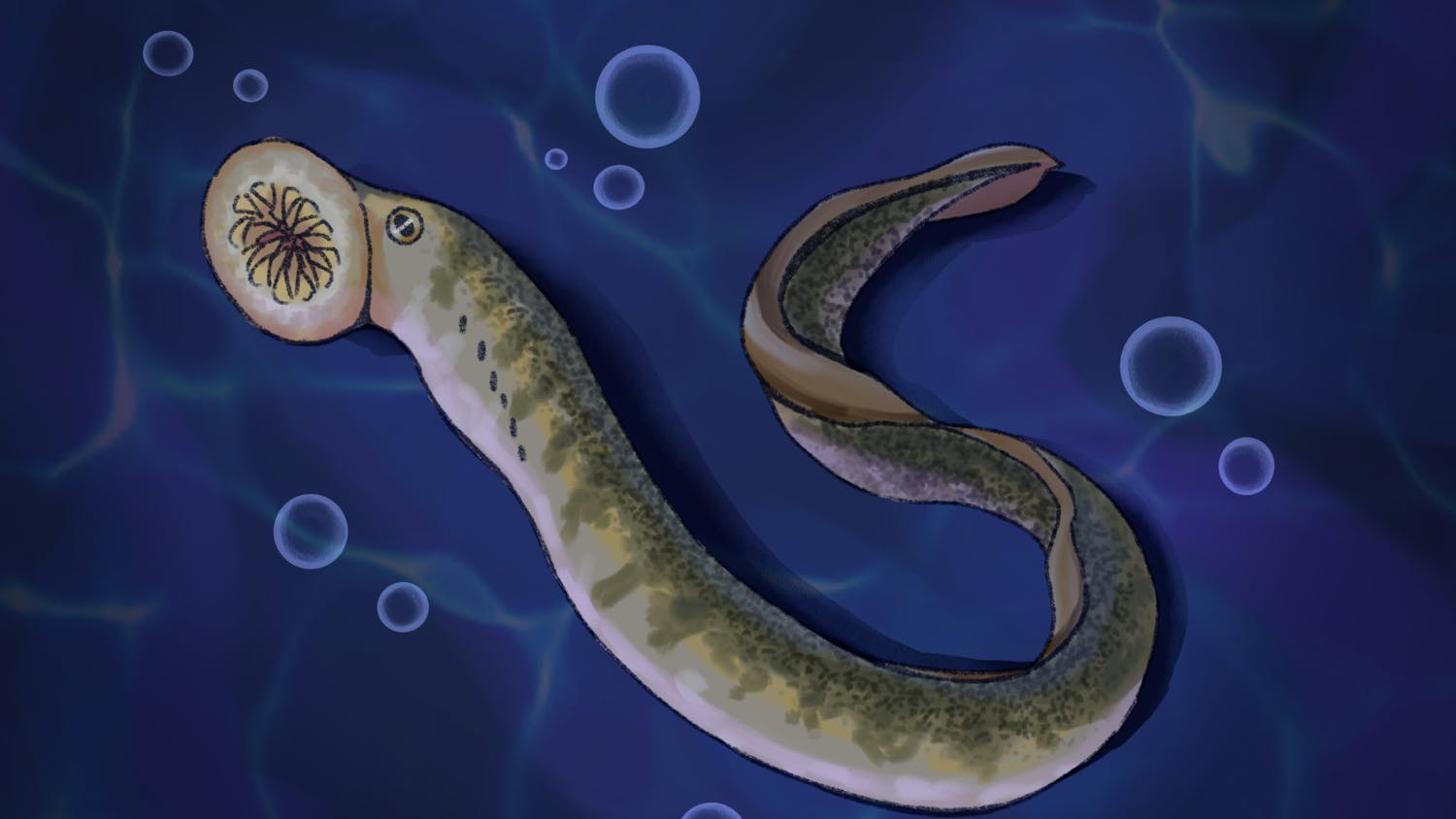Cancer is a very difficult illness to treat and many people die from it despite tireless efforts by clinical teams. The UW Carbone Cancer Center has taken a progressive step towards a more effective treatment option for adult lymphoma with the recently FDA-certified CAR T-cell treatment. UW Carbone previously made a headline last August with Kymriah, a similar CAR T-cell therapy for young adults with relapsed acute lymphocytic leukemia.
The CAR T-cell therapy fortifies the lymphoma patients’ immune cells to fight off the disease. Patients with lymphoma who are compatible with the CAR T-cell are given IVs in each arm — one IV draws blood out and sends it to an apparatus called the centrifuge, while the other IV returns unused blood back to the patient.
The centrifuge spins the extracted blood very quickly to separate the individual cells in order to see where the immune cells are located. A little device collects the immune cells into a bag, which is then sent to a manufacturing facility.
At the facilities, cells are instructed with genetic modifications to produce specific proteins that can recognize and eliminate the cancer. Once the patient is ready for treatment, the trained immune cells are then sent back to the hospital.
Before the insertion of the modified immune cells, patients are given a particular chemotherapy that makes immune cells grow more easily inside their bodies. When the cells are put back into the patient body, they act as immune cells, targeting the specific cancer with its protein marker.
Mark Juckett, the medical director of the Blood and Marrow Transplant Program at UW Health, described how this procedure refines the 30 years old stem cell transplant technique.
“Stem cell transplant has been available for 30 years. This is a very refined version of the stem cell transplant where we give new immune cells to patients, hoping they attack the viruses. So that’s a very blunt tool, whereas CAR T-cell is composed of cells from patients that are trained to attack specifically targeted cancerous cells,” Juckett said.
The main difference between certified and non-certified CAR T-Cell treatment is that without approval, an institution can only conduct research instead of offering direct treatments to the patients. The certification process undergone by UW Health was rigorous to ensure the safety and effectiveness of the treatment.
Juckett said that the certification process for this particular CAR T-cell treatment for adult lymphoma took around four months, spanning across multiple departments. The certification process began with the company responsible for producing the CAR T-cells paying a site visit to UW Health clinics and research facilities to ensure that the centers had the capabilities to handle the treatment well.
Next, the company conducted interviews with multiple physicians and clinicians to make sure they could carry out these treatments. However, Juckett added that UW Health was a little lucky in this regard, as there was a previous success of CAR T-cell therapy usage by Christian Capitini, a pediatric physician with UW Health, for pediatric acute lymphocytic leukemia.
Then, the company paid a more detailed site visit to the facilities, checking every detail required for the procedure, such as how to make labels with correct information, how to collect patient cells and how to ship under the correct instructions. After that, they arranged medical records and tracked all patient information in order to match patients with the treatment.
After the patients were matched for the treatment, the company educated and trained clinical teams on specific guidelines, from patient care teams to inpatient units on night and day shifts. The pharmacy division also received training on how to properly dispense necessary medication dosages to patients going through the therapy.
In case patients receiving the therapy fell ill after the treatment, the emergency clinicians and staff were also educated and trained for situations where patients would need immediate help. Juckett said about 40 people across different departments and positions were involved and that it was a rigorous four months of putting together a firm whole care model for the therapy.
However, CAR T-cell therapy still has room for improvement. According to Juckett, there are two immediate concerns for the treatments. One is to reduce the negative side effects, since many patients who receive this procedure can fall very sick, which is why the emergency clinicians and staff were were trained during the certification process. The other is to figure out how CAR T-cell therapy could be used to treat other cancers like ovarian or lung cancers effectively.
Juckett hopes that this technique can move beyond treating only a particular kind of lymphoma or leukemia and improve over time with more possibilities to treat different types of cancers.
To Juckett, the CAR T-cell therapy is an amazing breakthrough made possible with the firm organization devoting resources to build innovative cell therapies. He hopes that this is just the beginning, and that it will serve as an entry point to developing better treatment options for patients.
While treatment and procedures are important, he emphasized the importance of remembering that the goal of this therapy is first and foremost for the patients.
“Patients who are treated with this are people who would otherwise die of the disease, and so they are people who don’t have good options. I think for that, it is exciting to offer treatments that can cure the disease, whereas before they didn’t have great options.”






